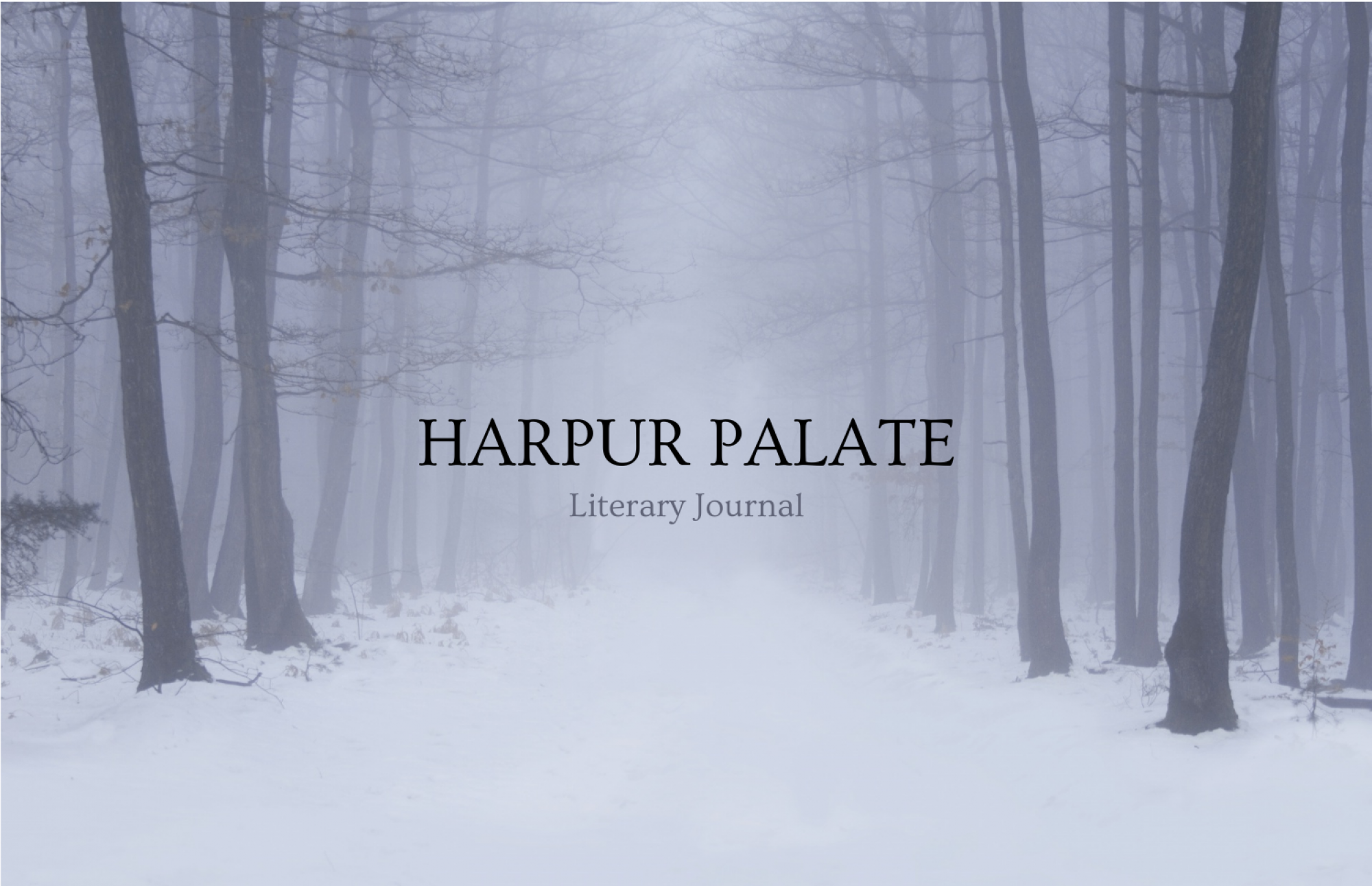Horror Vacui
When my mother brought me along to her job at the auto parts store, I sat at a folding table in the stockroom, drawing leprechauns and rainbows, pots of gold, then adding layers of lines around each object, waves radiating from everything I’d scrawled in my painstaking nine-year-old hand, the need to leave no negative space an insistence I didn’t have a name for then but would learn in a college art class to call horror vacui, terror of the vacuum—not the roaring upright my mother once lumbered through our house, those days long gone, not a surface cleaned in the year after my parents divorced, a disarray I was ashamed of for ages—still am—though now I’ve come to understand, after ending a relationship that lasted as long as my parents’ marriage, how weeks can go by with mud and shreds of autumn leaves accumulating on the floor, streaks of unidentifiable crud stuck to countertops, and now I know this mess is just another form of horror vacui, the distress of empty space, a vacant field that too easily becomes a place in which I project your bare feet shuffling or dancing, your hands beside mine at the cutting board, and recently I have even stopped making the bed, a chore I transformed into ritual every morning after you began sleeping on the couch, because the blue blanket smoothed across the expanse of mattress was easier to witness than the stretch that remained untroubled by your absence, and I didn’t want to think during daylight of the way I curled into your pillow—still do, even now, months after your scent has left—this being the sort of thing I don’t even tell my therapist, who surely would say it’s okay—no wrong way to grieve—who might even call this shift to letting the sheets stay in the tangle left by my dream travels a marker of acceptance, this being the sort of conversation my mother never had, as she didn’t believe in counseling except that one time we went as a family just before my father divorced her, or she divorced him, no one ever confessing who left whom or why, so that nearly forty years later, I don’t know how they each coped, have no maps for what my path—my aftermath—might look like, except my mother taking that job at the auto parts store, and me coming with her because I couldn’t go anymore to Aunt ‘Cille, the sitter who watched me on the cheap, who let us swim in her aboveground pool and swing in the hammock in her attic, who fed us bologna sandwiches for lunch and took me to church once when my mother was out late on a Saturday night and removed her teeth before she unslung her belt to whip us and when some other parent finally noticed, my mother shook me, asking why I hadn’t told her, and I didn’t have the word for it then, but it’s the same reason I don’t tell anyone I cry most mornings but still get up, like my mother got up early to convince her boss to let me stay while she worked, making me promise I’d be good, and of course I was, quiet and obedient and alone except for the boss’ dog, an Irish setter who did not smell of rot and blood like Aunt ‘Cille’s poodle, but of engine oil and Milk-Bones, and perhaps that Irish setter was the inspiration for my leprechauns, and perhaps his coat of wavy fur suggested lines emanating from a body, and I would like to believe I was filling my pictures with the feeling I had in the presence of that creature—comforted, consoled—but if you were here, you’d tell me point-blank: even then, I knew that to leave a space open is to leave it exposed.*
Jennifer (JP) Perrine is the author of four books of poetry: Again, The Body Is No Machine, In the Human Zoo, and No Confession, No Mass. Perrine’s recent poems, stories, and essays appear in The Missouri Review, New Letters, The Seventh Wave Magazine, Buckman Journal, and The Gay & Lesbian Review. A resident of Portland, Oregon, Perrine co-hosts the Incite: Queer Writers Read series, teaches creative writing, and serves as a wilderness guide. www.jenniferperrine.org.